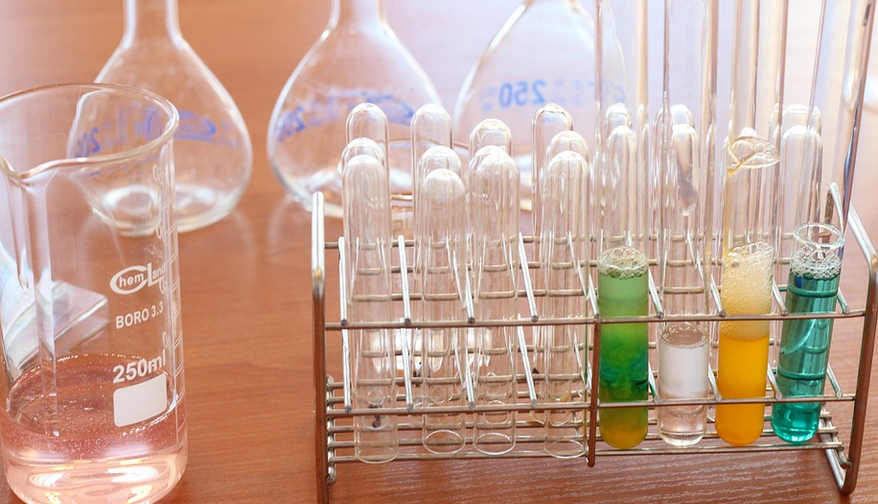Understanding Lactose-Free Milk
Lactose-free milk is a type of milk that has had the lactose removed, making it easier for people who are lactose intolerant to digest. Lactose is a type of sugar found in milk, and people who are lactose intolerant are unable to properly digest it, leading to bloating, gas, and other digestive issues.
What is Histamine?
Histamine is a natural chemical that is produced by the body and is involved in the immune response. It is also found in certain foods, such as aged cheeses, cured meats, and fermented foods. Histamine can cause a variety of symptoms, including headaches, hives, and digestive issues.
Is Lactose-Free Milk Low Histamine?
While lactose-free milk does not contain lactose, it may still contain histamine. The process used to remove lactose from milk does not remove histamine, so lactose-free milk may still cause symptoms in people who are sensitive to histamine.
Low-Histamine Milk Alternatives
If you are sensitive to histamine, there are several milk alternatives that are naturally low in histamine, such as almond milk, coconut milk, and rice milk. These milk alternatives are also lactose-free, making them a good choice for people who are lactose intolerant.
Other Ways to Reduce Histamine Intake
In addition to choosing low-histamine milk alternatives, there are several other ways to reduce your intake of histamine. Avoiding foods that are high in histamine, such as aged cheeses, cured meats, and fermented foods, can help to reduce symptoms. It is also important to store foods properly to prevent the growth of histamine-producing bacteria.
Is Lactose-Free Milk Right for You?
If you are lactose intolerant and do not have a histamine sensitivity, lactose-free milk may be a good choice for you. However, if you are sensitive to histamine, it may be best to choose a low-histamine milk alternative.
Conclusion
While lactose-free milk is a good choice for people who are lactose intolerant, it may still contain histamine, which can cause symptoms in people who are sensitive to it. Choosing low-histamine milk alternatives and avoiding high-histamine foods can help to reduce symptoms and improve overall health.

